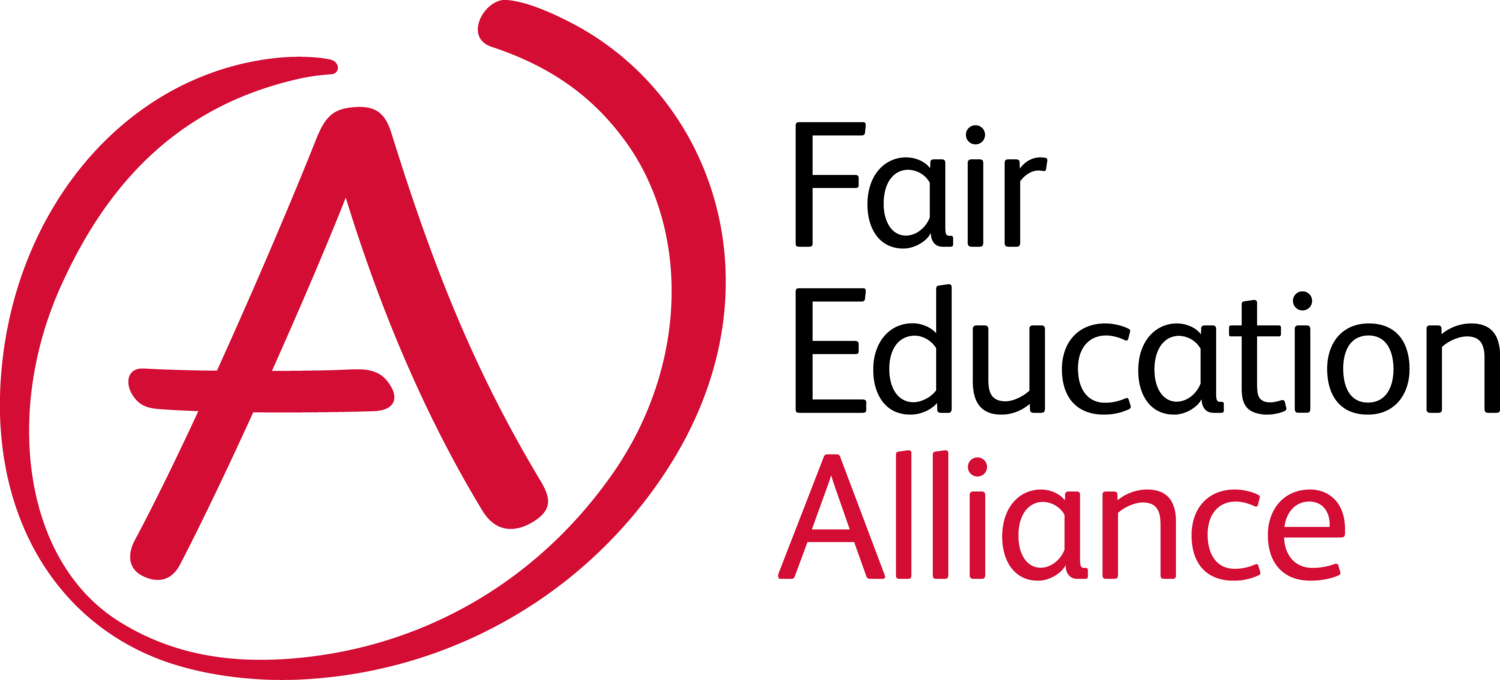Earlier this month The Government announced its response to the Augar Review as part of The Department for Education’s higher education proposals. The Fair Education Alliance Youth Steering Group came together to review the proposals that impact young people who want to go university. They concluded that:
“The changes proposed in the Augar Response are not adding opportunities or helping the students who need it most”
Youth Steering Group members Olia and Joe have summarised their more detailed reflections on three key proposals they believe will have the biggest impact on disadvantaged students:
Introducing minimum GCSE grades in English and Maths to be eligible for student finance at University.
The government has proposed introducing minimum GCSE grades to apply for student loans. This will bar students who do not achieve at least a ⅘ in English and Maths from gaining financing. This is regardless of whether the degree has anything to do with either subject.Olia believes that the changes in the Augar Review will hit disadvantaged young people particularly hard, ‘especially with the minimum requirements of 4 in English and Maths for student finance. The wider Youth Steering Group stressing that introducing minimum grades for financial support at university is a big barrier for young people, particularly those with English as additional language.
Joe raises the important question, that given only 5000 students entered university last year without passing English or Maths - how effective would this strategy be compared to the impact on the disadvantaged young people this would affect?
2. Reduce the number of places on degree courses the Government class as 'low value'.
The government intends to decrease the university placements for subjects that don’t directly lead to high paid or strategically important employment. This will create a deficit in arts degrees, for instance. This is a particular concern for Olia who says 'non-STEM subjects and humanities being described as ‘low value’ will prevent students from following their passions and interests’. She believes that ‘instead of focusing on careers, there should be a focus on student’s pursuing what interests them, regardless of whether it is considered a ‘low value’ course.’
3. Make University more expensive by increasing the number of years you pay back the loan to 40 and reducing the amount you need to earn to start repaying.
Joe has been researching the proposal to prioritise reducing government spending on tuition fees. This could mean that postgraduates spend the majority of their lives paying back student debt. It is expected that those in low-paid jobs, which have already been hit hardest by the pandemic, will be the worst affected.
In conclusion, the Youth Steering Group agreed that there are already so many prospects for high achieving and more privileged students, thus the changes proposed in the Augar Response are not adding opportunities or helping the students who need it most.
To see the The Fair Education Alliance’s response please see this post.
If you’d like to stay up to date with The Youth Steering Group’s work and receive notifications for youth engagement opportunities, please sign up to our Youth Bulletin here.

